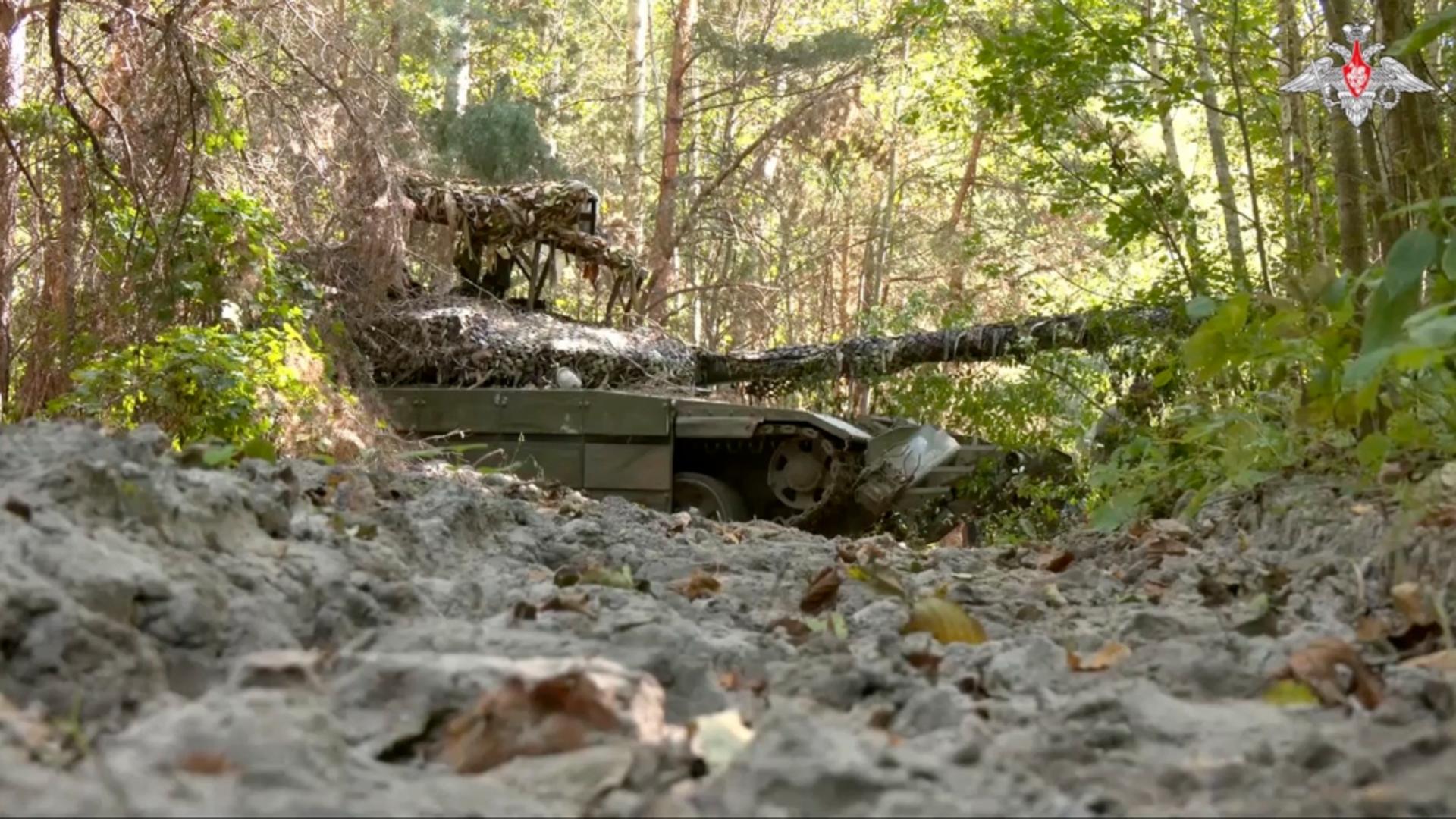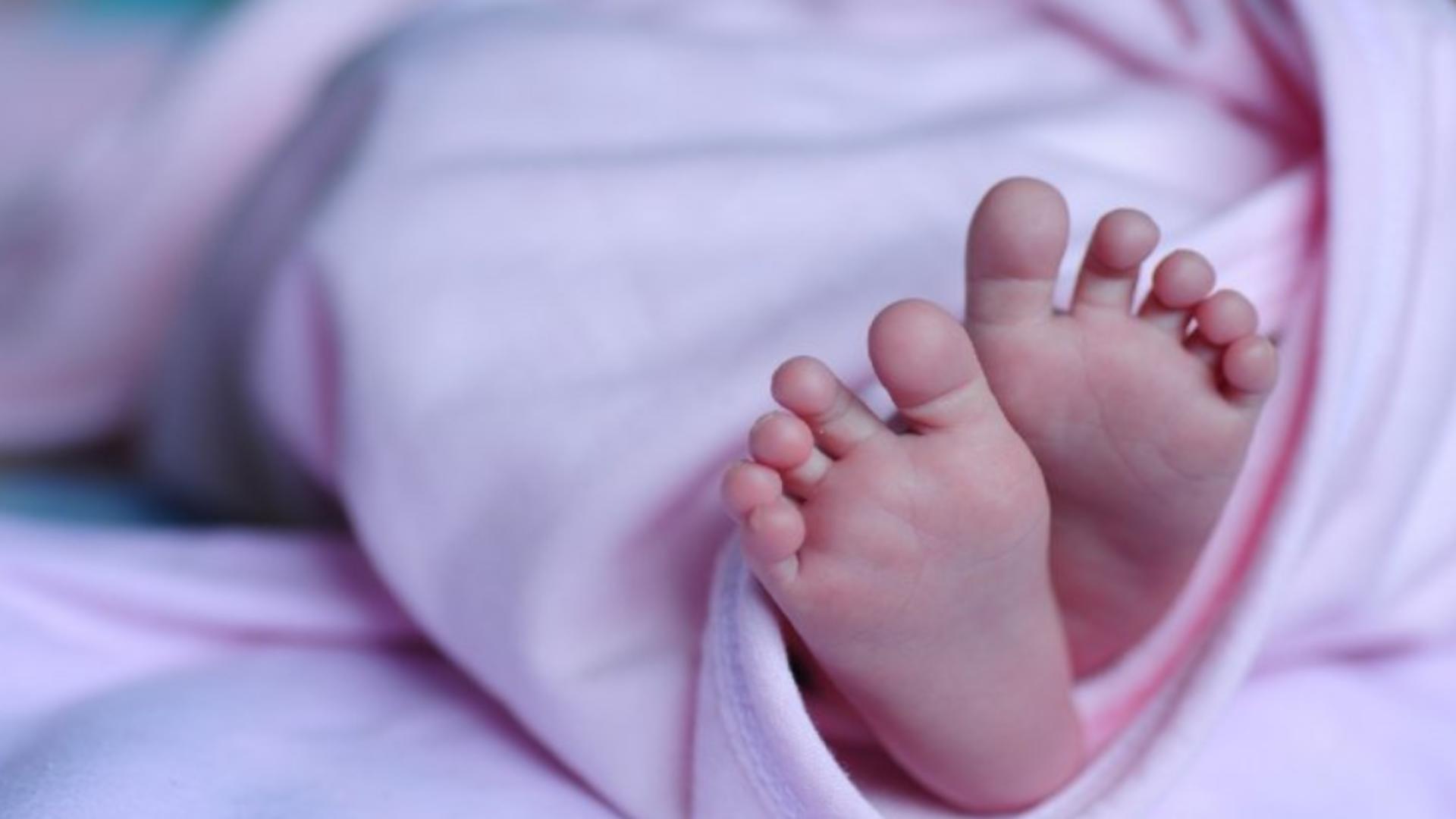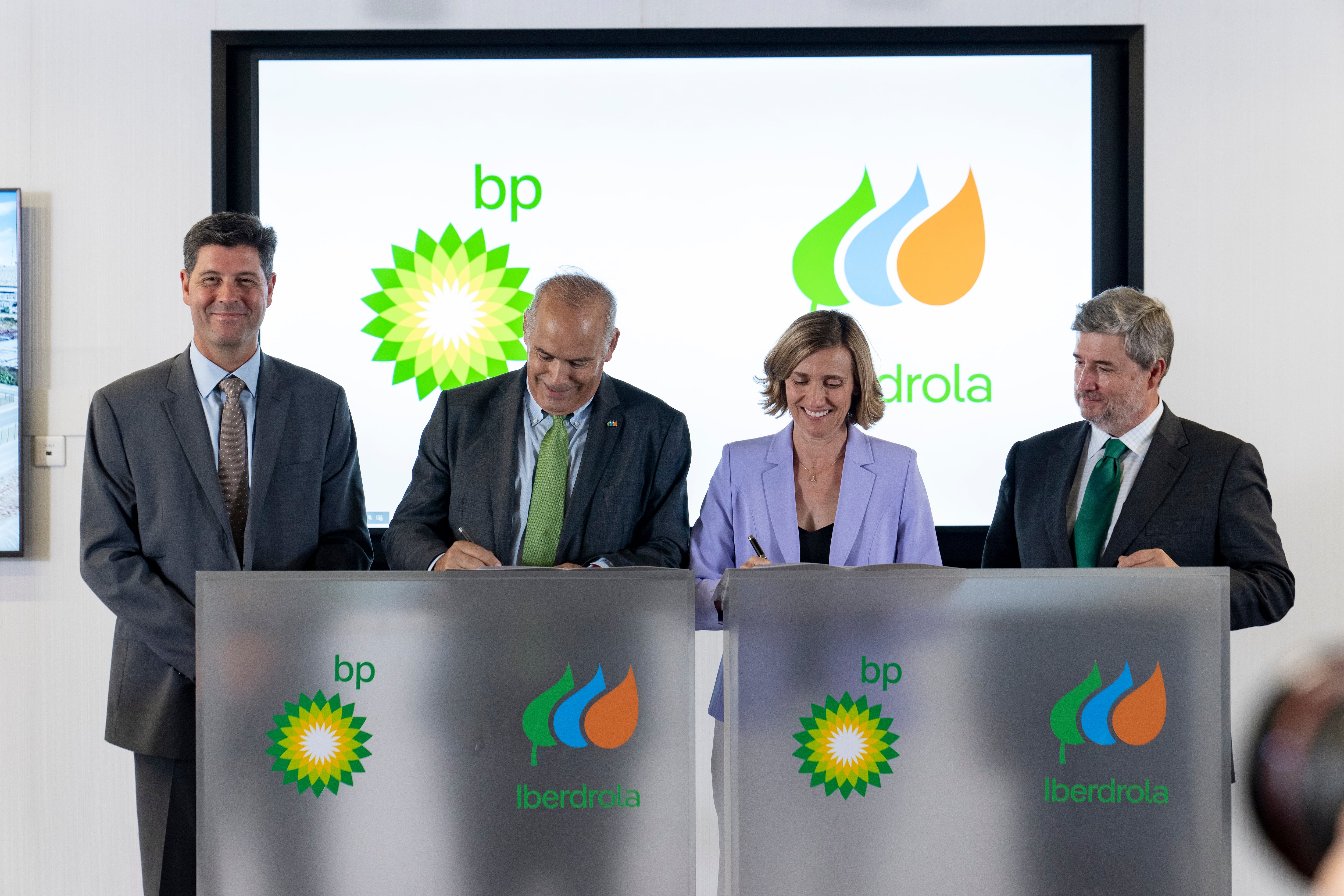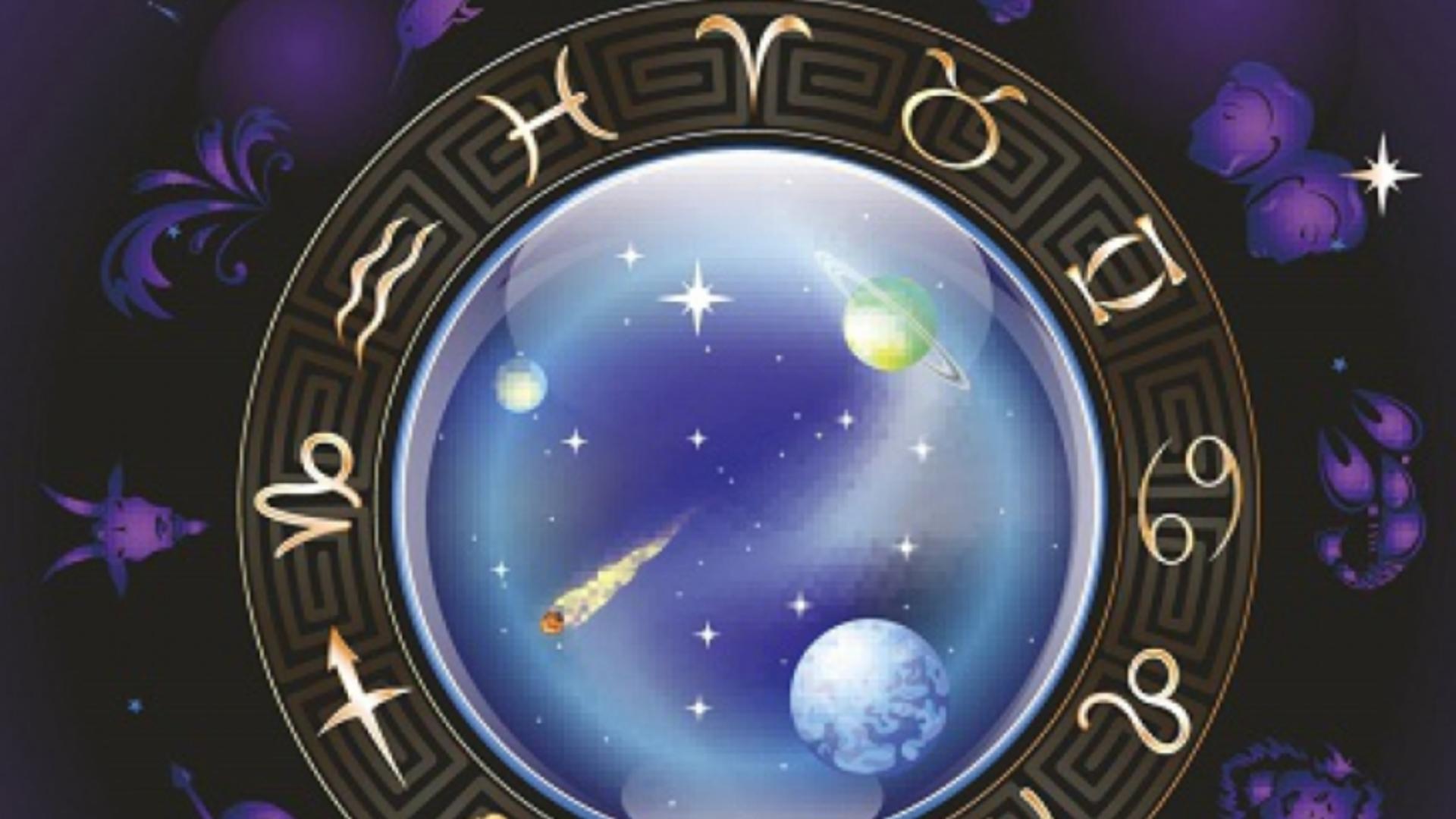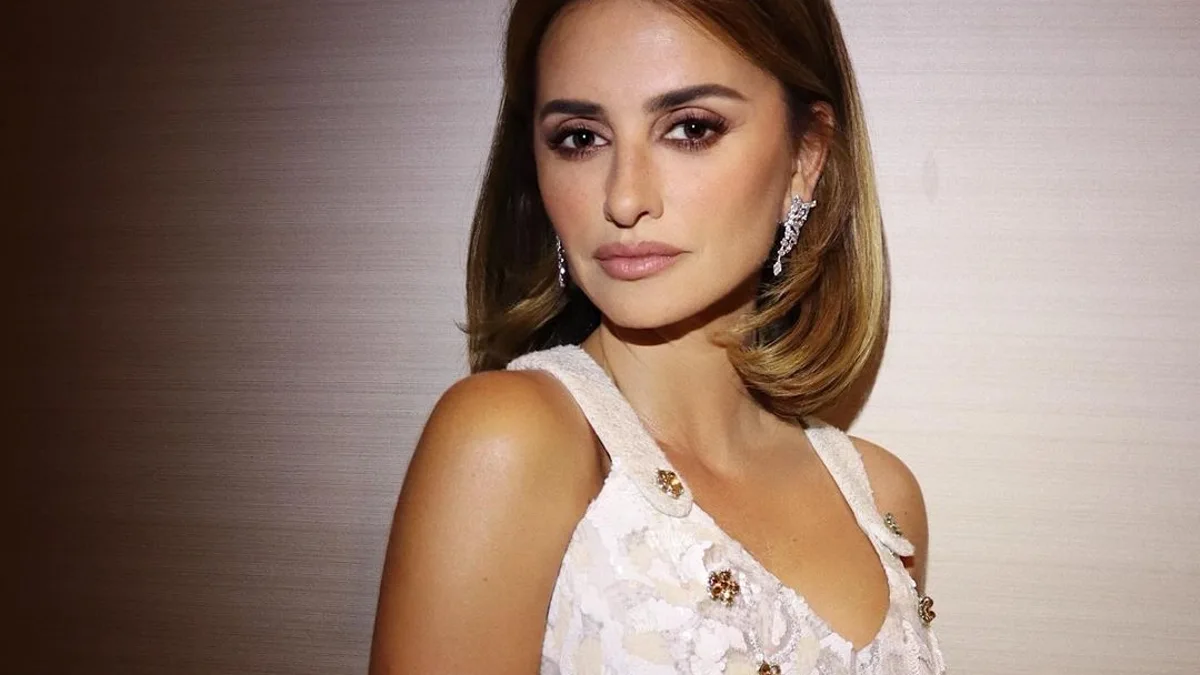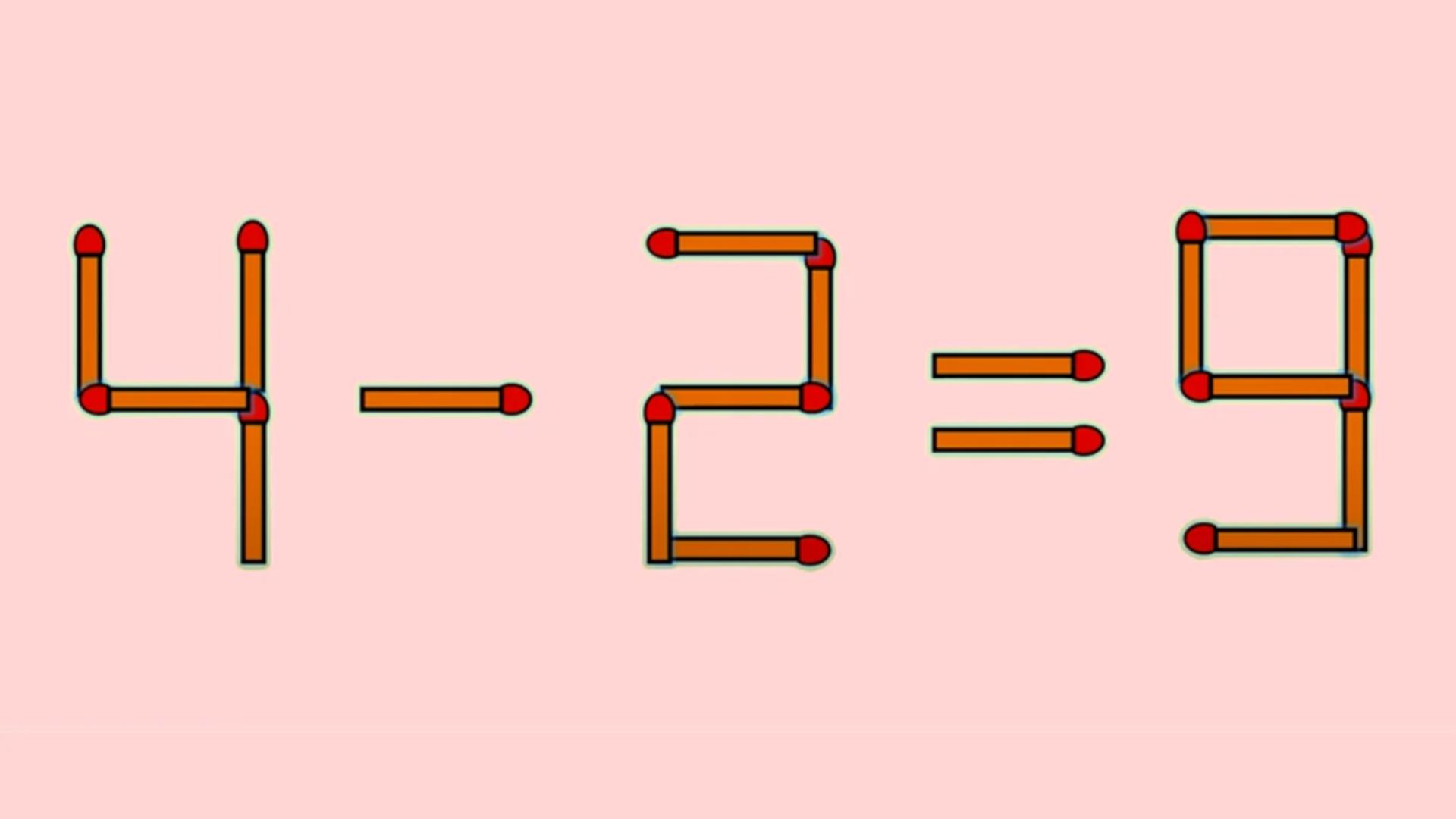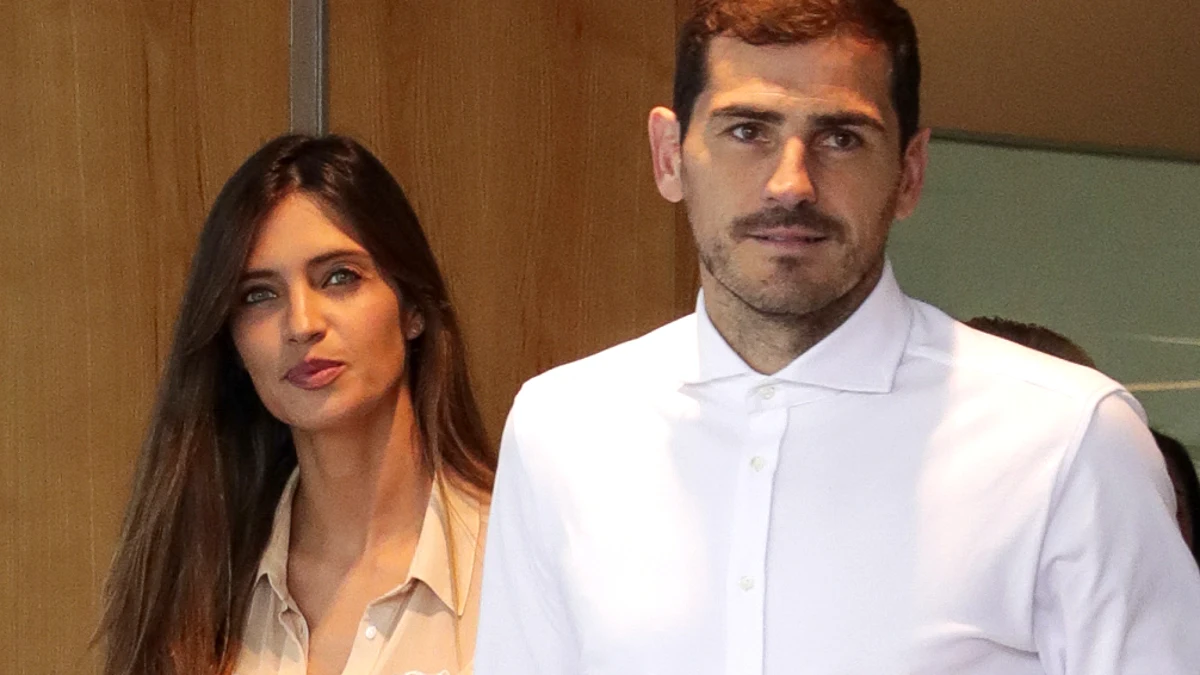Singing shows. They’ve been a staple of our screens since the turn of the millennium, unearthing talents like Guy Sebastian, Vera Blue (aka Celia Pavey), and Rob Mills, to name a few. But are contemporary shows capable of producing winners of similar calibre? Recent champions have not garnered the same acclaim as those from earlier seasons.
Guy Sebastian has recorded with artists worldwide, and Casey Donovan has led a number of musicals across our theatre stages. While it started in Australia later than Australian Idol, The Voice unearthed talents like Vera Blue and Prinnie Stevens. While they all have different levels of fame, it’s clear that their appearances on respective singing shows bode well for them throughout their careers.
These shows first came into orbit in the early 2000s, when the music world was in a vastly different place. TikTok was nothing but a pipe dream, Blockbuster was the one-stop-shop for movies, and artists like Avril Lavigne and Norah Jones were atop the charts.
As audiences, we were only really exposed to fully formed artists—whether on radio, TV, or a compilation CD, we rarely heard one who needed work. This is where reality singing shows came in. They opened the door and brought us along the way to find the next big thing.
At this time, shows like this could make you famous—there wasn’t anything like this out there in the industry. People felt connected to these singers, and they were seeing them get better and better each week.
With the birth of MySpace, we saw the music industry change. Up-and-coming musicians could upload their demos to the site and reach tastemakers from across the globe. Facebook, Instagram, and TikTok followed, bringing us closer to artists and helping us find singers suited to our most niche tastes.
This is also where it became equally harder to become famous and easier to get your music out there. Anyone can record a song, post it on one of many sites, and find some fans who dig their stuff. But conversely, the sheer volume of content makes it hard to stand out and gain a significant following.
Alongside these changes in the scene, singing shows haven’t seemed to change. They still somewhat operate like they always have—heading to all corners of Australia, finding up-and-coming singers, and putting them on TV to sing covers. That’s not what audiences value in 2024.
We can look at some of the biggest artists out there at the moment — Taylor Swift, Beyonce, and Olivia Rodrigo. They connect with their fans lyrically. If people sing how you feel, you’ll be listening to them a lot more.
Idol, The Voice and other shows usually get contestants to perform covers, which isn’t overly indicative of how their original music sounds, which is what gets streams and gets bums in seats for gigs. This is the first barrier in why it’s harder for reality singing shows to make you famous.
Something that used to be an integral part of the early reality singing show seasons was getting to know performers. Looking at Season One of The Voice and Australian Idol, we were once gifted almost double the number of episodes we get today. For example, Season One of Idol was 44 episodes compared to Season Nine’s 26.
This helped us garner a relationship with the performer over months. They slowly became a part of our lives. Now, shows are seemingly done within six weeks or so, and we all move quickly onto the next thing.
Chuck on any of these shows in 2024, and you’ll see they’ve become more of a spectacle: big set pieces, guest performers and sometimes contestants we’d recognise (like The Bushwackers or Jack Vidgen). These shows are trying hard to make the most of a shorter season and give people a reason to tune in and watch.
In 2024, we’ve still got a season of The Voice on the cards, and we recently shared an extravagant judge reveal video built like a Marvel trailer at Comic-Con. When there’s a lot more of everything, it’s harder to stand out and draw people in. It’s clear shows are trying everything to be attention-grabbing, but in doing so, they could be said to lose some of the power to create stars.
With short seasons and cover songs, the series offers only exposure. But in 2024, exposure isn’t the only ingredient needed for fame. With so much music out there, you’ve got to bring something to the table that people haven’t heard of before. This takes a bit of time after being on one of these shows.
We can dive into this by looking at arguably the most well-known alum from The Voice, Vera Blue, who appeared on The Voice Australia in 2013/2014. It could be argued that this show gave her the exposure that gave her the tools to reinvent herself and become one of Australia’s most well-known pop stars.
Artists need to do a little more work to stay in the limelight — mainly by capitalising on the attention through social media. Which, when we look at recent Idol finalists like Dylan Wright, Denvah Bakar-Moller, and Amy Reeves, each have a pretty significant social media presence, post regularly, and features original work, making sure they keep front of mind for fans and showcase their personalities, and most importantly, move towards finding their niche and connecting with them.
While they are still an enjoyable watch and bring up-and-comers into some form of limelight, it’s clear that with a changing music world, it’s harder for singing shows to get you renowned. They are no longer the answer to fame but a foot in the door.
But some props can be given to shows like The Voice and Australian Idol, while it’s hard for winners to make a mark, they are trying to make the shows fit in with what Aussie fans want in a new muso.
The Voice airs on Channel 7 at 7:30 pm tonight; check out more info here.



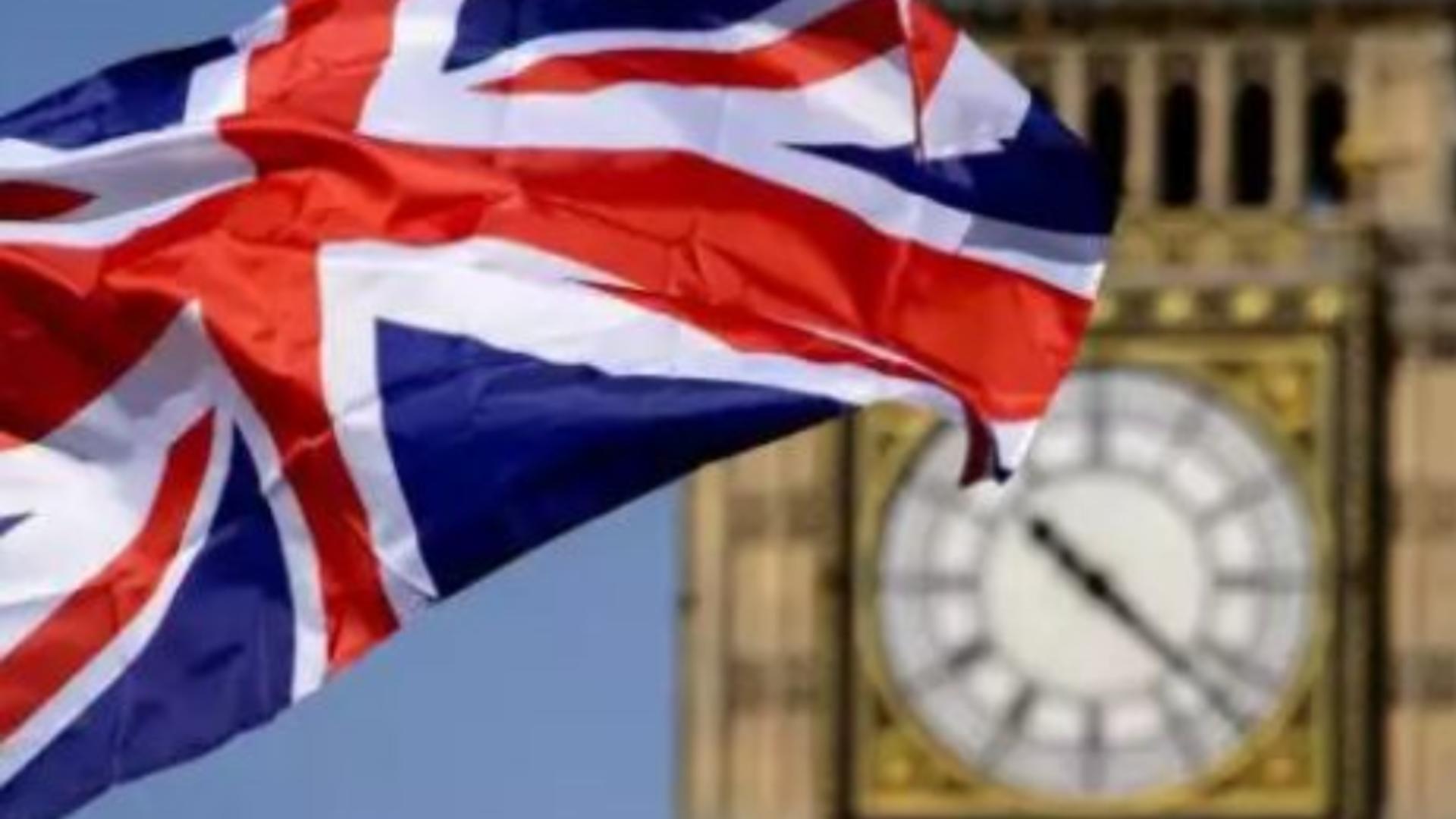

_23e15315e7.jpg)
